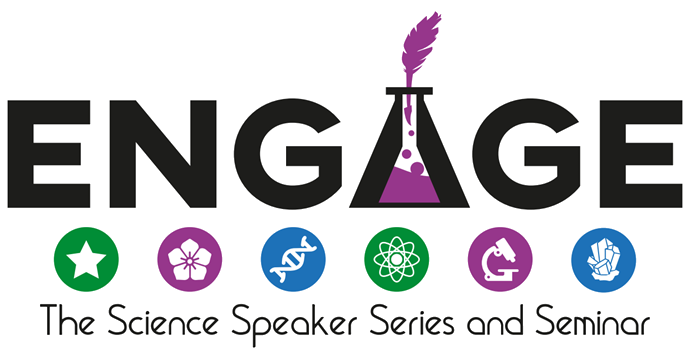Jenna Morris is an ecologist studying the ways forests respond to disturbances like fire and insect outbreaks. Her current research explores how management activities and bark beetle outbreaks interact to shape forests across western North America, with implications for improving our ability to maintain resilient forest structure and function in a changing climate.
Read MoreSara Keller is a fourth-year PhD student in Bioengineering working in the lab of Dr. Mike Averkiou. She studies the use of contrast-enhanced ultrasound for cancer diagnostics and therapy.
Read MoreMeghan Garrett is a PhD student in the Molecular and Cellular Biology program at UW. She studies the immune response against HIV in infected mothers in order to better understand antibodies that might have protected their infants from infection, with the goal of using this knowledge to improve HIV vaccine design.
Read MoreNIck Weber is a PhD candidate in the Department of Atmospheric Sciences. His research focus is long-term weather prediction, and how we might be able to improve forecasts with next-generation, high resolution global models.
Read MoreLaura Carlucci is a grad student in the Department of Bioengineering at the University of Washington. She is studying how mechanical forces affect binding between molecules and the mechanism behind a particularly force-resistant interaction found in nature.
Read MoreJiwoon Park is a PhD student in chemical oceanography. She studies organic molecules that are produced by marine microbes to efficiently take up metals (e.g. iron, cobalt) for growth, to understand how the production or consumption of organic molecules may affect metal availability and eventually the microbial population in the North Pacific Ocean.
Read MoreAndrew Shumway is an astrobiologist and planetary scientist who is fascinated by the role of water on Mars. His experiments simulate the cold, dry conditions of Mars’ surface to study how water forms in extreme environments.
Read MoreAnne Polyakov is a graduate student at the University of Washington and she studies how plants communicate using vast, underground fungal networks, through which they share nutrients and warning neighbors of incoming danger within the network. Anne studies the costs and benefits of participating in this network, and what we can learn from plant communities by listening to what they are saying in the wood wide web.
Read MoreA.J. Balatico is a Ph.D. student in Learning Sciences and Human Development in the University of Washington’s College of Education with interests in computational neuroscience and educational equity, especially for science, technology, engineering, and math education. He focuses on how people learn motivation and identities from their experiences.
Read MoreAndrea Joseph is a Chemical Engineering graduate student at the University of Washington. She studies the brain’s natural defense systems and how they go awry in disease. These changes are important to consider when designing new treatments that target the brain.
Read MoreTaryn Black is a geoscientist studying glacier changes in Greenland. She uses satellite images to monitor seasonal and yearly variations in glacier size and to determine how they are responding to climate change.
Read MoreVirginia Littell is a second year Masters student in the Earth and Space Sciences Department at the University of Washington. She is a geologist who studies the ancient climate of Southern Asia by analyzing the chemical signatures of soils and fossils.
Read MoreSamantha Phan is a Chemistry graduate student at the University of Washington. Her research focuses on developing efficient and environmentally friendly chemical techniques for semiconducting materials used in organic carbon-based electronic devices, such as OLEDs, solar cells, and wearable electronics. The purpose of her project is to reduce the materials’ economic costs and chemical complexity, making them more suitable for large-scale commercial production and lower the cost of future electronic devices.
Read MoreMengying is a graduate student at UW studying molecular engineering. She studies fluorescent nanoparticles called quantum dots and their behaviors in the developing brain. Her work also focuses on using the knowledge gained above to better design imaging and tracking system of viruses or other biological entity in the brain.
Read More








![“Why are we learning this? Because... [Mardi Gras Edition]”](https://images.squarespace-cdn.com/content/v1/5c78295390f90412fe853237/1582411969642-DQ06X2BG27A93V1KMVXY/Picture1.jpg)




